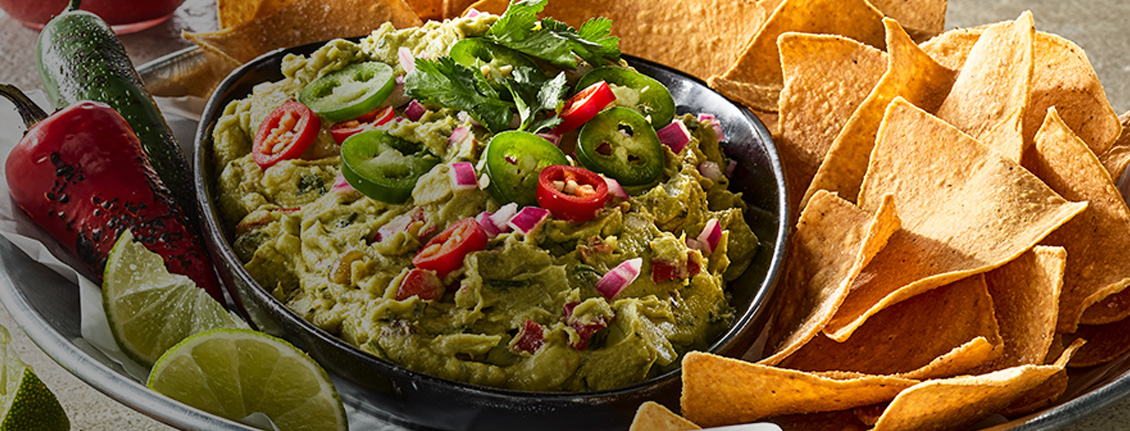Serve Up Personalized Choices for Every Diner
There is no one-size-fits-all approach when it comes to well-being and what consumers want today. Each diner considers diet and foods that fit their goals, age and lifestyle. To drive traffic and appeal to as many diners as possible, operators need to offer unique and personalized options. US Foods® Serve You includes products that are plant-based* alternatives, vegan**, vegetarian***, contain no ingredients from the US Foods Unpronounceables List®**** or gluten-free certified.
Introducing Serve You
well-being options to help you appeal to the varied diner preferences today
Plant-Forward
Gluten-Free
*Made with ingredients derived from plants, fungi and algae: no animal-derived ingredients. Reasonable efforts to avoid cross-contact with animal-based ingredients.
**No ingredients of animal origin. Reasonable efforts to avoid cross-contact with animal-based ingredients.
***Milk, eggs, honey and beeswax permitted; no other ingredients of animal origin. Reasonable efforts to avoid cross-contact with other animal-based ingredients.
****Processing aids and potential cross-contact during production are not in scope for this program.

